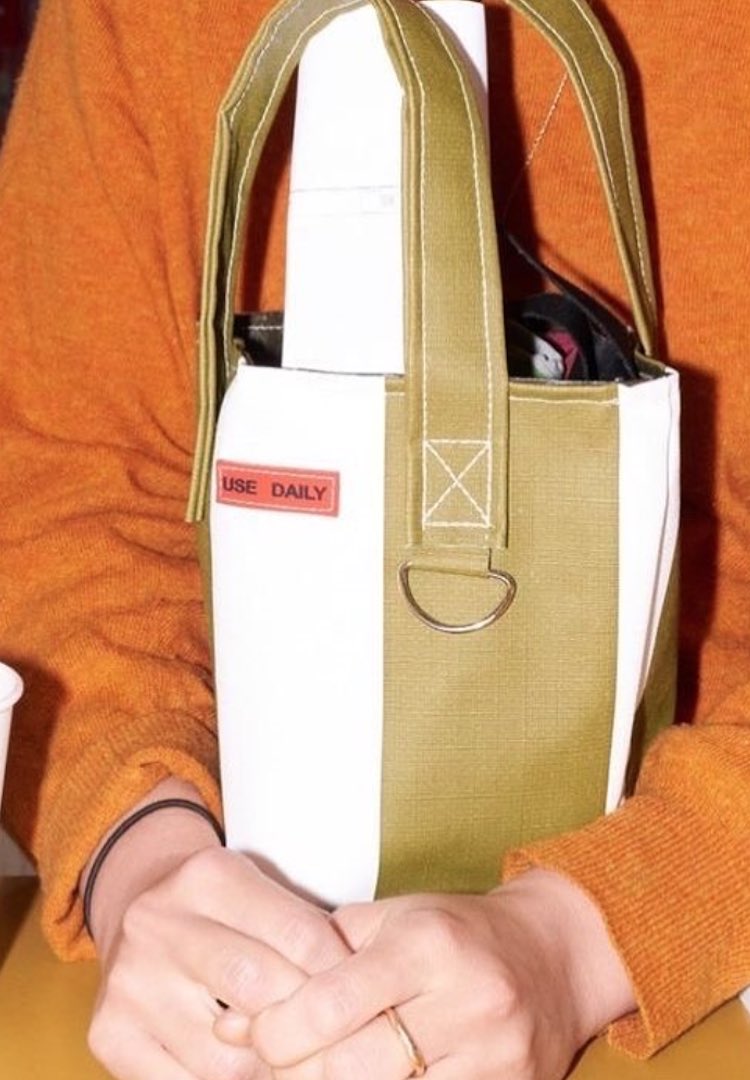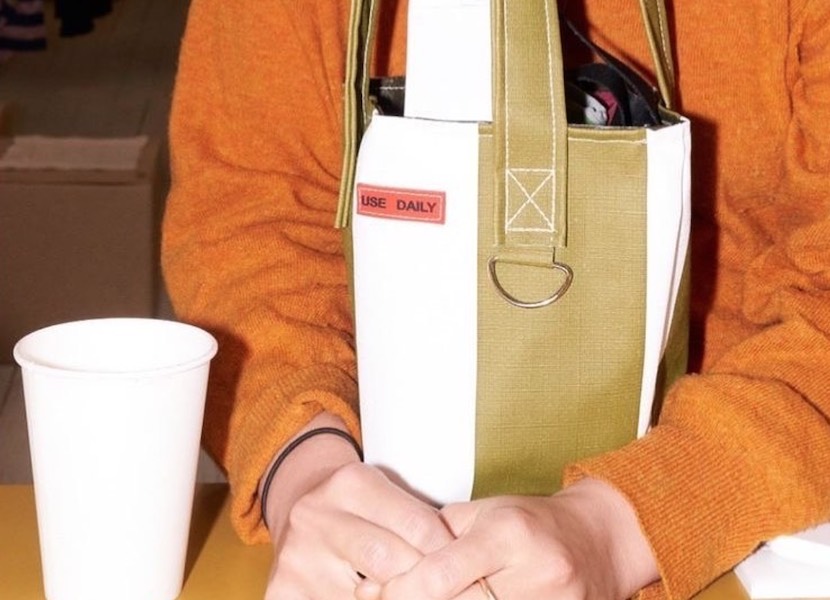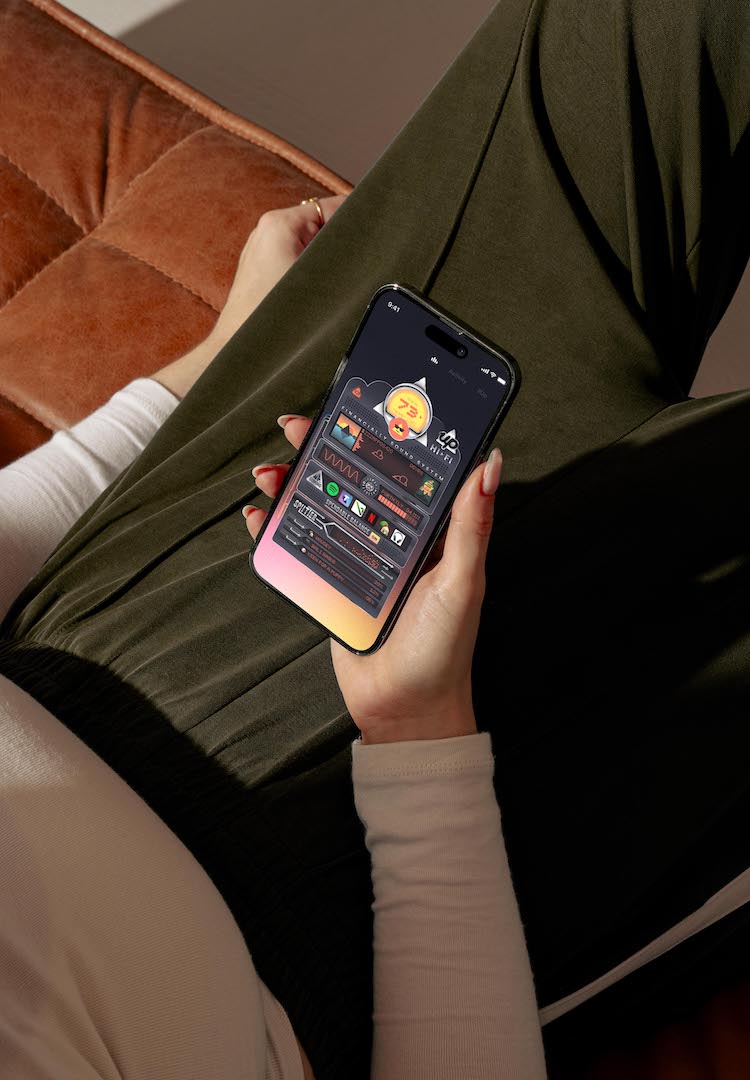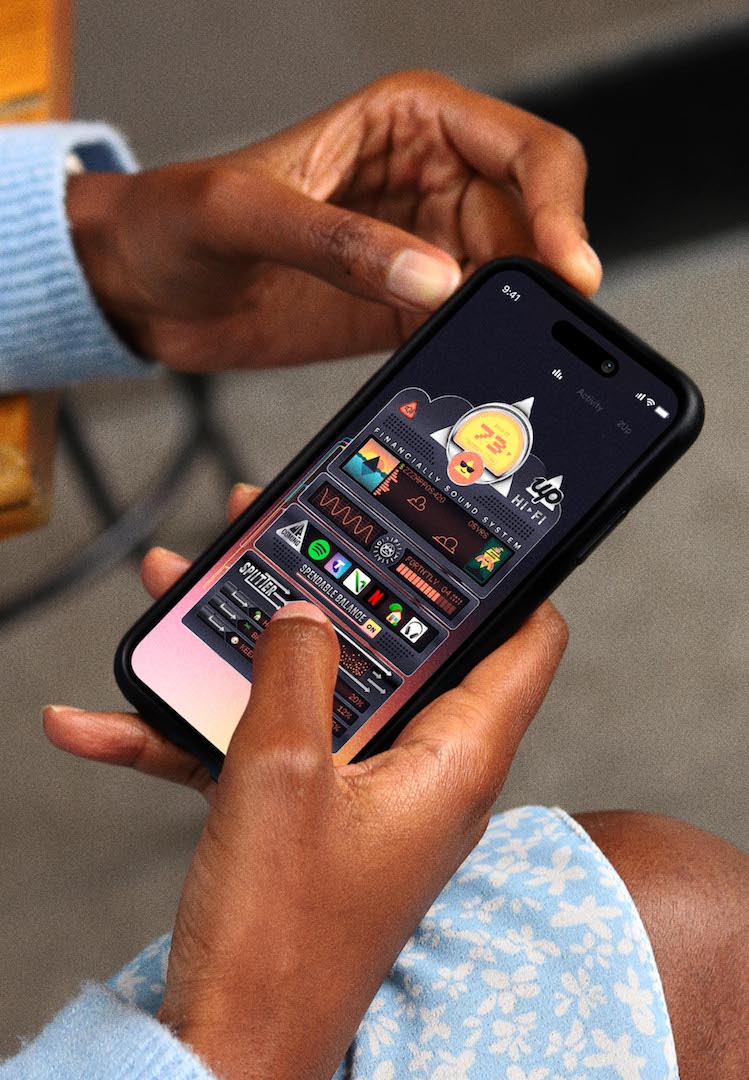Why do I feel guilty for not having more savings?
IMAGE VIA @lillybuttrose/INSTAGRAM FOR USE DAILY
WORDS By Lauren Payne
“Money needs to be purely individual.”
If I had a dollar for every time I looked at the amount of money in my savings account and felt anxious, I’d be a millionaire. I’ve been working since I was 14 years old and back then, I’d take as many hours as I could to make sure I had plenty of money to spend on the latest trendy clothes from Supre, as well as some money leftover to be placed into my savings account.
For more content like this, browse through our Life section.
I’m now 27 and have been in the working world for well over a decade. You’d think by now I’d have mountains of cash sitting in my savings account, waiting to be used on something special – but I don’t. Every time I open my savings I’m met with a different feeling in my gut. If the amount is higher than I remembered it was, I’m thrilled. If it’s lower than what I anticipated, then I feel what many millennials and Gen Z people call savings guilt.
What is savings guilt?
Savings guilt isn’t exactly a new concept, but it’s something a lot of young people have been feeling more frequently. You may have experienced savings guilt if, like me, you’ve looked at the amount of money in your savings account and asked yourself why you don’t have more. Why don’t you have enough savings for a house deposit like your workmate? Why aren’t you saving money as well as you should be?
Despite what a lot of baby boomers will tell you, millennials and Gen Z don’t generally have bad saving habits because we’re spending more on iced coffee. We’re just dealing with an increasingly expensive world that’s far less financially stable than it was back in their day.
Young people today are earning 34 per cent less than young people in the 1980s, inflation has significantly increased the cost of living and we’re facing our second ‘once-in-a-lifetime’ recession, thanks to a little virus that took over the world in 2020. 6.5 per cent of working people in Australia (which is roughly 900,000 people) are now working multiple jobs, while unemployment in Australia has recently risen to 3.5 per cent.
This is all pretty daunting information, but despite knowing how the current financial landscape can affect our day-to-day expenses, a lot of young people still feel guilty for not having more money in their savings accounts. I’ve felt the full brunt of savings guilt multiple times. The worst instance was when I was made redundant twice within a six-month period. I was worried about how I was supposed to pay my bills and support myself while I looked for work in an increasingly competitive industry and felt guilty when I had to transfer money out of my savings just to pay my rent.
When chatting to a few of my friends about savings guilt, it became pretty apparent that we’d all experienced varying levels of it at some point. One friend said he’s currently going through a bout of savings guilt in the lead up to his year-long sabbatical in 2023. To get this lengthy paid holiday, he had to sacrifice half his wage for about two years and said he’s found it extremely hard to save anything after he’s paid his bills and bought his groceries.
Another friend of mine shared with me that she’d experienced savings guilt when she recently took a week off work to focus on studying for an upcoming uni exam. She currently works casually whilst studying full-time and said although she’s now glad she did it, at the time, she was really anxious about having a small pay cheque and less money to save while she focused on her studies.
What causes savings guilt?
When discussing the concept of savings guilt with financial therapist Jane Monica-Jones, she explains that building a solid savings balance is definitely more difficult for young people to do today. And it’s not solely due to the ever-changing nature of the financial world, but because we’re part of a heavily consumerist society.
“The cost of living is going up, which means we have less left over to save. Wages have been plateaued, people at the top have been making a lot more, but individuals have plateaued for the last 18 years or so. As a consuming society, we have also highlighted consuming as a very terrible mental health strategy, like retail therapy.
“We’ve linked it with boredom, or stress relief and we’re trying to get that dopamine hit because things are tough, and we want to get that little happy high. Things like spending can have a counter-effect because you could have a high in the moment, but then it’s impacting your cost of living and the things that need to be covered.”
She also says there’s a societal pressure to compare our savings balances to our levels of success, creating a culture that cares more about how much money you have, rather than who you are as a person. “As a culture, we measure levels of success against how much money we have. Regardless of whether we might be a great contributor to our community, or a great parent or a great friend. Success is often measured against how much money we have in our accounts and that’s a cultural, or social, cue.”
While society and the financial world can be a large influence on our ability to save, Jane says our intergenerational perception of money can also play a big part in developing savings guilt. “If you were brought up in a family where everyone only made money as accountants and you want to go off and be a lion tamer, that might be, in your community, frowned upon. Say if you were brought up very, very wealthy and you decide to go and become a monk, your family and friends might judge you. You might be feeling a peer influence. The influence of peers and family around what we do as individuals is huge.”
How to address your savings guilt
When it comes to money, asking for help can be extremely difficult. Not only can it negatively impact your self-confidence and illicit feelings of shame, but not everyone is comfortable discussing money, which Jane says can only make savings guilt feel more intense.
“There’s not much psychological safety around money. We have lots of social cues that say we’re not allowed to talk about money, or it’s not polite to talk about money, or we shouldn’t be emotional about money [and] all these things keep us quite isolated if we feel challenged in any way,” she tells me.
When it comes to addressing savings guilt, or any financial issue, you may find yourself wanting to dive into a pile of finance books and start building a solid savings plan. This is definitely a good idea – everyone deserves to know how to manage their money.
But while learning how to take care of your finances is important, Jane says you should also take into account your own personal financial values and situation when building a new savings plan. “Often when we get guidance around money, it’s that you need to follow someone else’s plan, or the way they’ve done it, without considering what your goals, your values, your needs, and what your current or past experiences [are]. Social media is a bit terrible for this too. Don’t stop yourself from getting financial education but use your discernment.
“There’s lots of wealth gurus and financial books out there, but you’re most likely not the same as that author. You won’t have the same goals and so the way that they did it may not necessarily work. You can thrive with what you have going on for you now. You don’t have to throw out what you’re doing and do it someone else’s way. Amplify your strengths rather than looking at someone else’s.”
It’s not just about the number
Savings guilt can creep up on anyone. You may be the most financially literate person in the world, with a solid investment portfolio and enough money to book a flight to Italy tomorrow, and still look at your savings balance and wonder why you don’t feel as financially secure as you’d like. In moments like this, Jane recommends getting curious about why you may be thinking your savings balance isn’t good enough.
“If we say should, there’s a bit of judgement there. Rather than being judgemental about whatever that number [in your savings] should be, get curious. Curiosity is a fabulous antidote to judgement. We don’t get a rulebook on how to do life and we certainly don’t get a rulebook on how our own psychology is going to affect our relationship with money. So, get curious about why you’re not reaching that savings goal, or why you have that particular perception of money.”
Jane also suggests thinking about your own personal financial goals when you feel a pang of savings guilt. Remembering what you’re saving for may help you feel more confident in your savings account balance and reinforce a feeling of financial empowerment.
“We often think money is just the numbers, that being good with money is being good with numbers. It is in a way, but it’s also about levels of confidence and levels of feeling empowered. We don’t explicitly get taught confidence, empowerment and stress management as children. Depending on your experiences, you may not feel that confident [with money] but we’ve got to stop thinking that money is just numbers. We’ve got to look at it very holistically.
“There are so many factors that influence our financial wellbeing and comparing ourselves to others, and their finances, is really the last thing you should do. If your goal is that you’re 21 and you just want to have some fun, then let yourself have some fun. If at another stage of your life you think it’s time to have a bit more stability, then that’s fine.”
As Liza Minelli once sang, “money makes the world go ’round”. It’s an unfortunate truth; having enough money to spend on the things we need in order to survive is a constant pressure we have to face. When, on top of that pressure, you add the pressure to have a healthy savings account balance, then it’s likely you’re wrought with anxiety and guilt whenever you have to dip into that precious pool of cash.
Savings guilt is something we all face, but the good news is that with a bit of financial knowledge, a sprinkle of self-reflection and a pinch of confidence, savings guilt can become only a small blip within your overall financial journey. Because really, your life should be measured by more than just a number in your bank account.
For practical advice on how to manage your money, head here.










